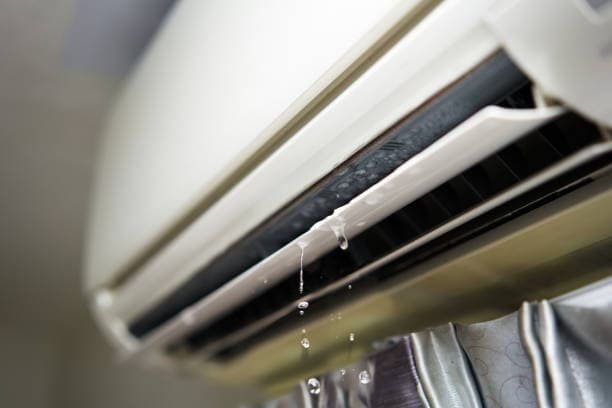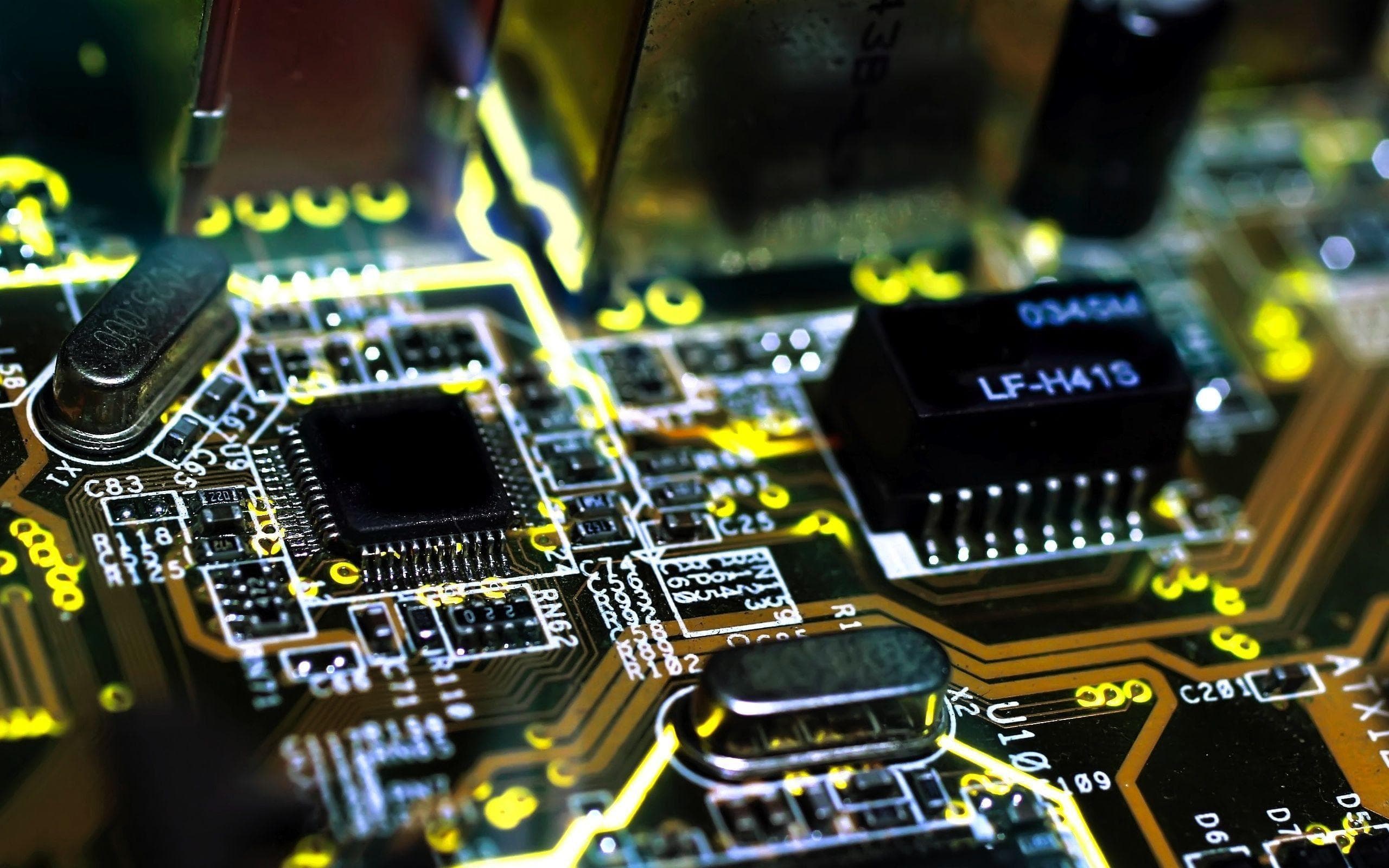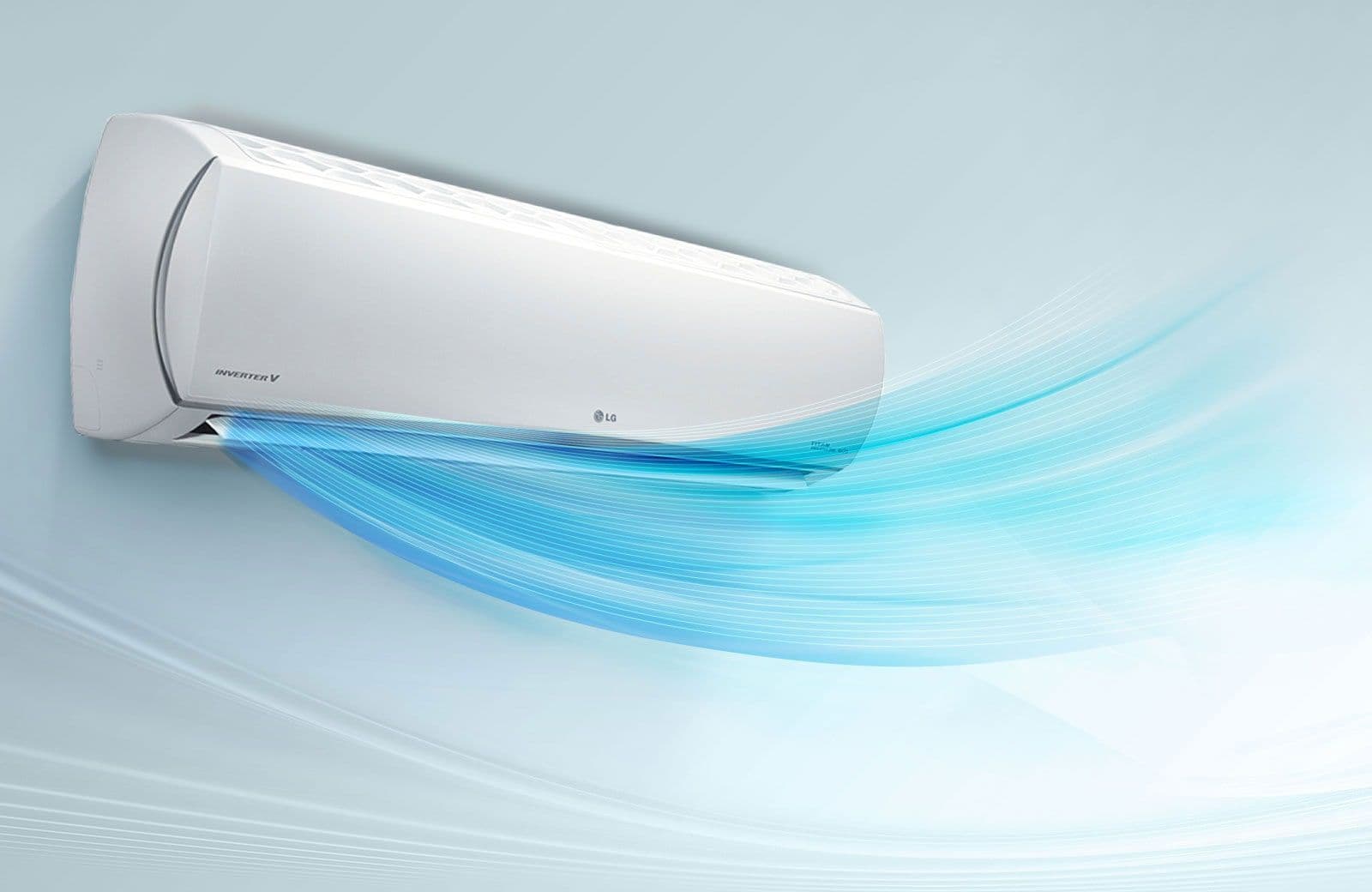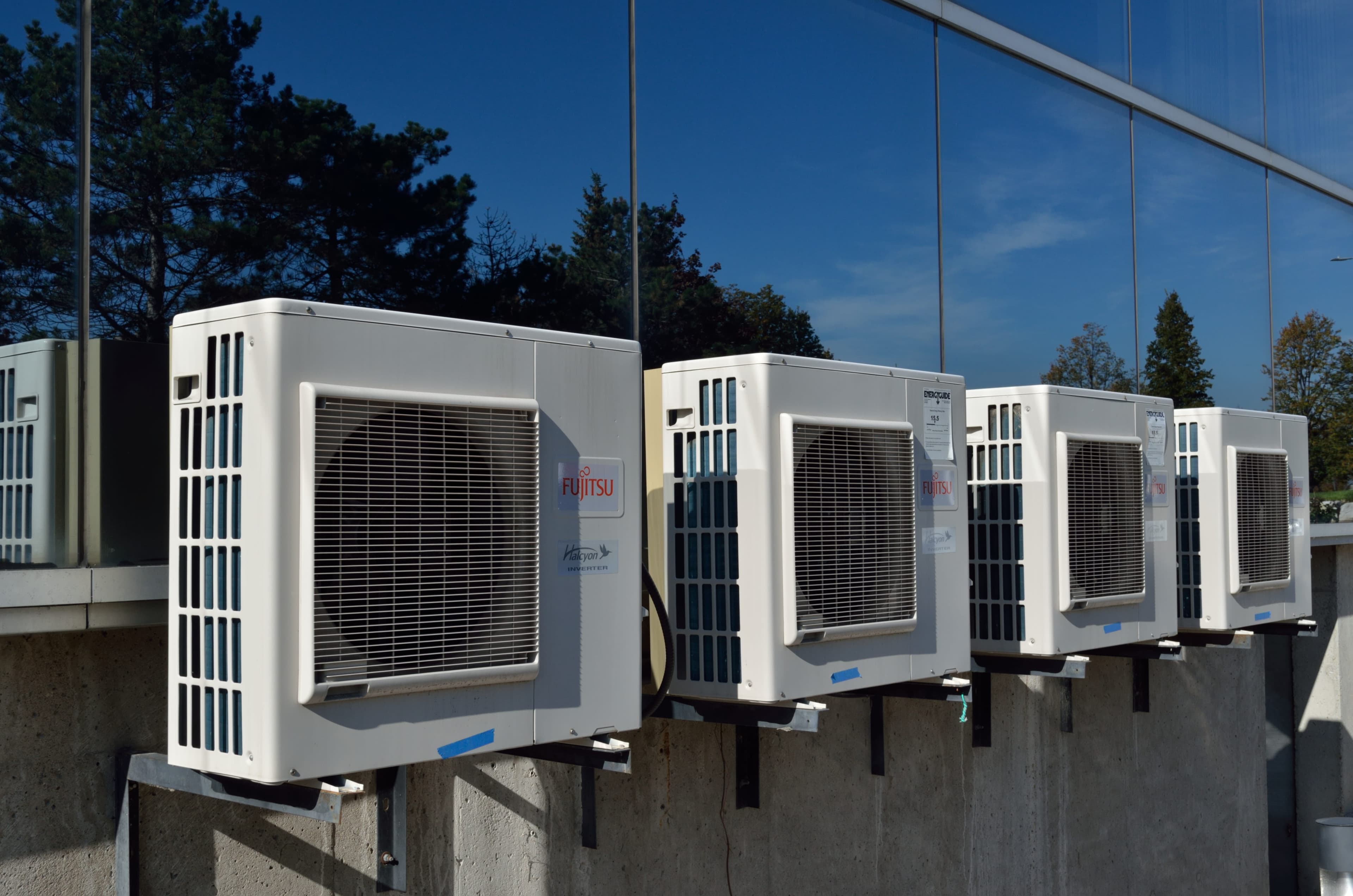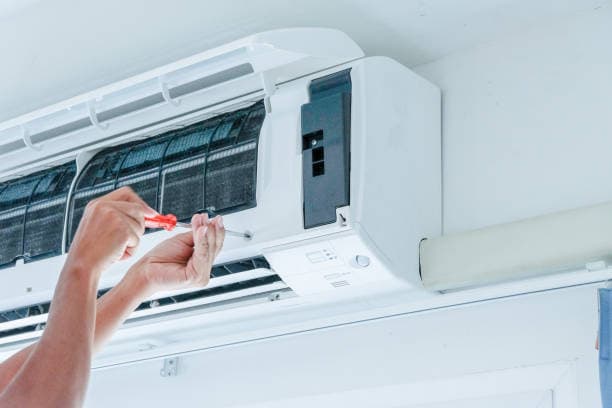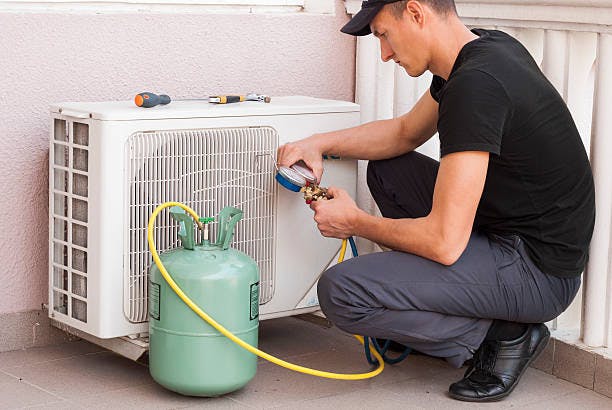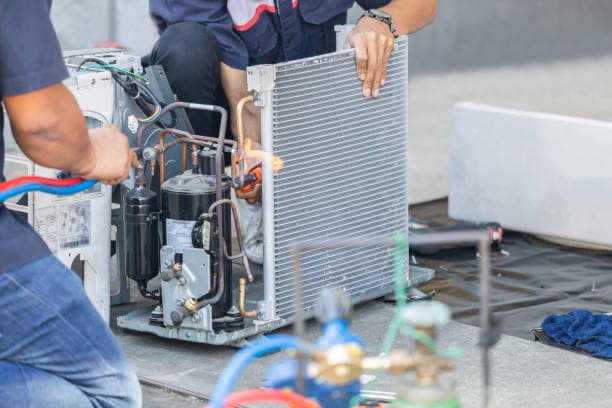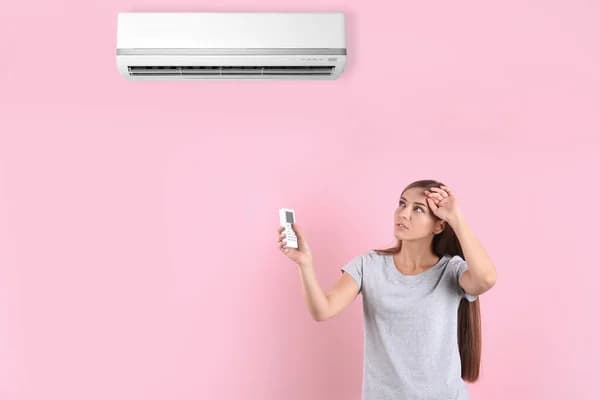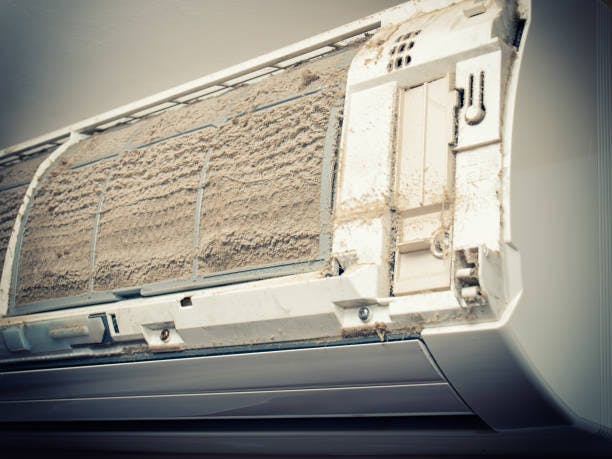As temperatures rise, finding the best cooling solution becomes essential, especially in hot and humid climates like Singapore. Two popular options are aircons and air coolers. Each offers distinct features, benefits, and drawbacks. If you’re torn between these two, this guide will help you decide which cooling system suits your needs and lifestyle.
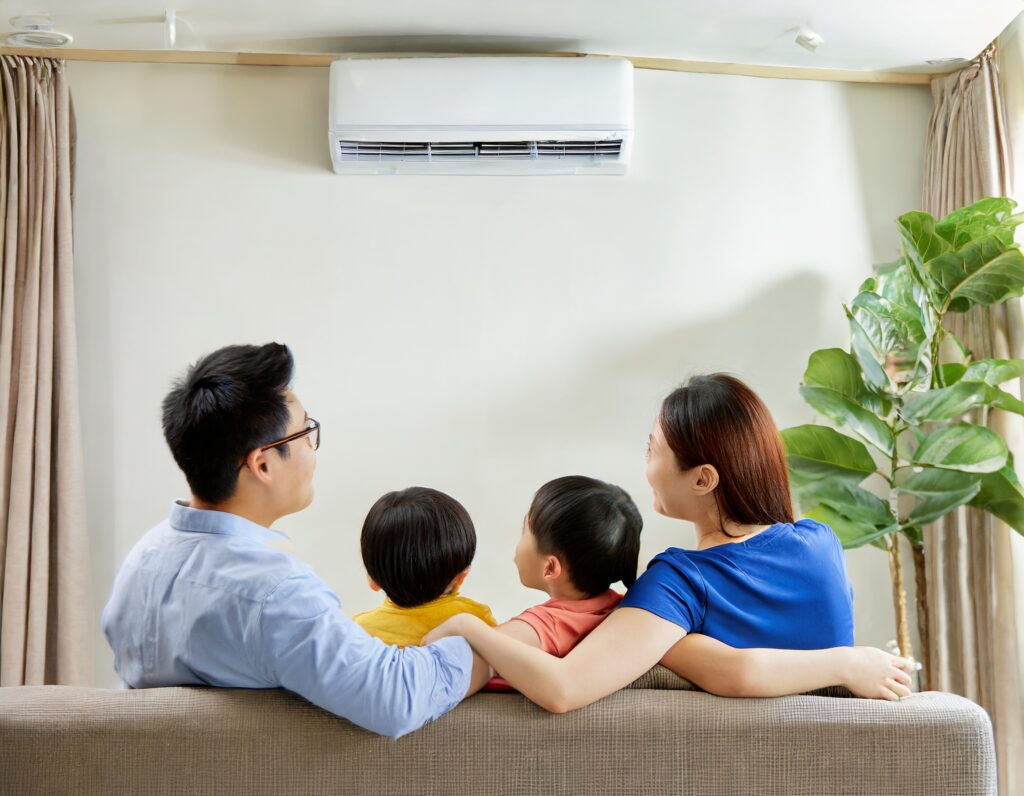
Aircon
Aircons are a staple in many Singaporean households. These systems work by removing heat and humidity from the air, providing a comfortable indoor environment. Aircons are particularly effective in Singapore’s tropical climate, where high humidity and heat can make everyday life uncomfortable.
Here are the pros and cons:
| Pros | |
| Effective Cooling | Aircons provide robust cooling, ideal for hot climates. They lower room temperatures quickly, creating a cool environment even on the hottest days. |
| Humidity Control | Aircons are designed to reduce humidity, which is a significant benefit in a humid country like Singapore. By dehumidifying the air, they make rooms feel cooler and more comfortable, as well as help prevent mold and mildew growth. |
| Precise Temperature Control | With aircons, you can set a specific temperature, ensuring that your indoor space remains consistently comfortable. Modern units come with thermostats, allowing users to maintain their ideal temperature throughout the day. |
| Filtered Air | Many aircons come with advanced air filtration systems. These filters trap dust, allergens, and pollutants, which can improve indoor air quality. This feature is especially valuable for individuals with allergies or respiratory conditions. |
| Cons | |
| High Energy Consumption | Aircons are energy-intensive, leading to higher electricity bills. Over time, the cost of running an aircon can add up, making it a less economical choice for some. |
| Installation and Maintenance Costs | Installing an aircon requires professional help and can be costly. Regular maintenance, such as cleaning filters and servicing the unit, is also necessary to ensure optimal performance. |
| Environmental Impact | Aircons can contribute to greenhouse gas emissions. While newer models are more energy-efficient, aircons generally have a larger carbon footprint compared to air coolers. |
| Air Circulation Issues | Without proper ventilation, aircons can lead to poor air circulation in a room, which may cause air to feel stale. |
Aircons are essential appliances designed to combat the sweltering heat and humidity in sunny Singapore. These units are constantly working to regulate indoor temperatures by efficiently removing heat and moisture from the air.
But, beyond just cooling, aircons also offers precise temperature control. Ensuring that your living or working space remains consistently comfortable, no matter the external weather conditions. Additionally, they often feature advanced air filtration systems, effectively capturing dust, allergens, and pollutants.
On the other hand, aircons also comes with a list of considerations. They tend to be energy-intensive, potentially leading to higher electricity bills, and require professional installation and regular maintenance to upkeep the system.
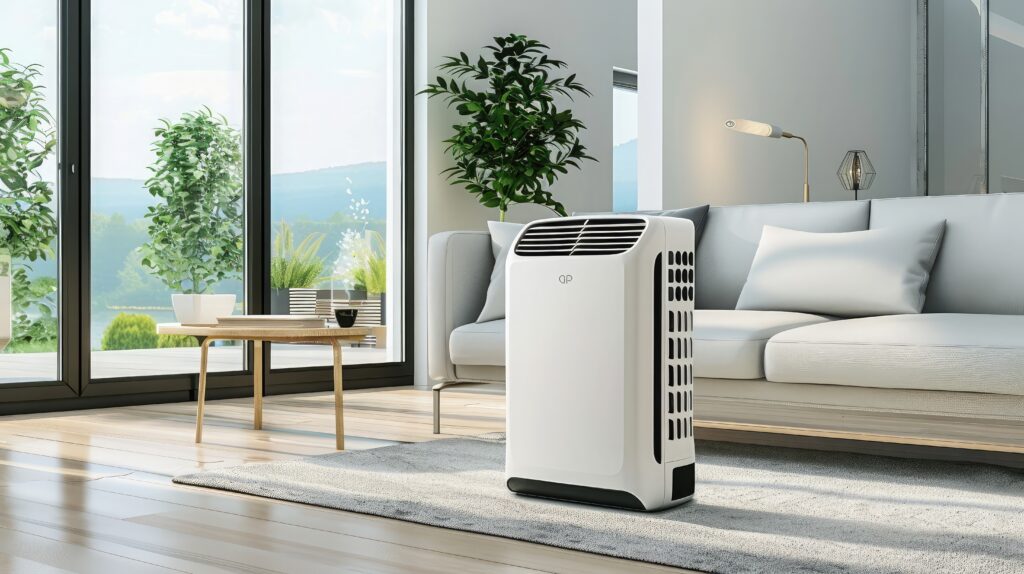
Air Cooler
Air coolers, also known as evaporative coolers or swamp coolers, use the natural process of evaporation to cool the air. Although lesser known than aircons, many prefer it.
Here are the pros and cons:
| Pros | |
| Energy Efficiency | Air coolers consume significantly less electricity compared to aircons. They can be an economical choice, especially for those who want to keep cooling costs low. |
| Eco-friendly | Air coolers don’t use refrigerants, which makes them an environmentally friendly option. By relying on the natural process of evaporation, they have a much lower carbon footprint. |
| Portability | Most air coolers are portable and easy to move from one room to another. This mobility allows users to cool specific areas as needed, making them versatile and convenient. |
| Low Installation and Maintenance Costs | Air coolers don’t require professional installation and have minimal maintenance needs. Cleaning the water tank and filter regularly is usually sufficient to keep them running smoothly. |
| Cons | |
| Limited Cooling Capacity | Air coolers are not as powerful as aircons. They are best suited for small to medium-sized rooms and may struggle to cool large spaces or rooms with poor ventilation. |
| Increased Humidity | Unlike aircons, air coolers add moisture to the air, which can make humid climates feel even more uncomfortable. This feature might be counterproductive in places like Singapore, where humidity is already high. |
| Water Management | Air coolers require a steady supply of water to function. Managing water levels and ensuring clean water is essential to prevent mold growth and unpleasant odors. |
| Limited Temperature Control | Air coolers don’t offer precise temperature control. They can lower the temperature to some extent but cannot cool a room as effectively or consistently as an aircon. |
In contrast to aircons, air coolers present a simpler and more eco-friendly cooling solution. These devices harness the natural process of evaporation to cool the air. Offering a cost-effective alternative to traditional aircon units.
Air coolers are perfect for Singapore, where humidity levels fluctuate. They also consume less energy and produce fewer greenhouse gas emissions, aligning with eco-conscious living. They are also portable – making them easy to move around to provide cooling relief wherever it’s needed.
However, air coolers do have their limitations. Their cooling range is restricted, making them less effective in larger or poorly insulated spaces. Additionally, proper water management is essential to prevent issues like mold growth and mineral buildup in the water canal.
Final Thoughts
Choosing between an aircon and an air cooler depends on several factors, including budget, environmental impact, and personal comfort preferences. Both aircons and air coolers offer unique benefits and limitations. Aircons provide powerful, consistent cooling and humidity control, making them ideal for those who need reliable cooling solutions in hot climates. However, they come with higher energy consumption and environmental impact.
Air coolers, on the other hand, are energy-efficient, eco-friendly, and portable. They offer a budget-friendly option for those seeking a simple cooling method, though they are less effective in large spaces or extremely humid conditions. Weigh the pros and cons carefully to determine which option aligns with your lifestyle and needs.
By understanding these differences, you can make an informed decision that ensures comfort while keeping in mind cost and environmental considerations. Whether you go for an aircon or an air cooler, staying cool during Singapore’s hot and humid seasons is within reach.








